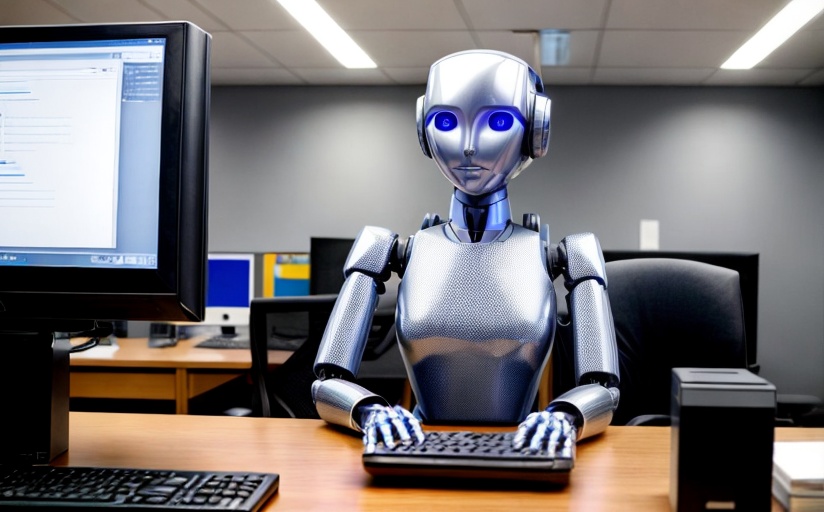Artificial Intelligence & The Job Market: A Progressive Transformation
Artificial Intelligence (AI) is rapidly transforming various industries and thereby altering the nature of work and employment opportunities. The magnitude of this transformation remains a topic of ongoing debate amongst economists, technologists, and social scientists.
The Jobs AI Creates
There is a growing demand for AI specialists who can create, maintain, and innovate AI solutions. Software programming, data science, robotics, and cybersecurity are prominent AI-driven roles that are seeing a surge in demand.
The Jobs AI Revolutionises
AI does not necessarily replace jobs, but often revolutionises them. Professions such as healthcare, customer service, logistics, and finance have integrated AI technologies to optimise processes and improve outcomes. This integration necessitates employees to adapt and upskill, creating further opportunities to engage with technology in a meaningful way.
The Jobs AI May Render Obsolete
As AI improves, the fear of job displacement looms large. Routine manual and clerical jobs are perceived as most vulnerable to automation. However, evolution in technology often goes hand-in-hand with evolution in the labour market.
The Benefits and Challenges
AI can make work more efficient, less tedious, and more productive. However, the required transition can be challenging. Technological unemployment, income inequality, and privacy concerns are issues often linked to AI's growth.
Preparing for an AI-Driven Future
Adaptability and continuous learning are crucial in an AI-driven job market. Governments and educational institutions need to prioritise and invest in training programs focusing on AI and related disciplines. Similarly, policies need to be created and adapted to support those displaced by AI and ensure fair data practices.
Role of Education and Government Policy
Education must align with the technological progress, emphasising the development of technical skills alongside promotion of creative and complex problem-solving. Government policy is equally important in regulating the adoption of AI, managing its risks, and facilitating fair job transitions.
Equipping the Individual
Re-skilling and up-skilling are critical for individuals to survive and thrive in an AI-driven job market. Understanding the implications of AI, embracing its change, and adapting to the new working reality are crucial.
The influence of AI in the job market entails immense possibilities alongside serious challenges. The thoughtful and strategic incorporation of AI in job structures can lead to an equitable and effective job market.


















Comments
Leave a Comment